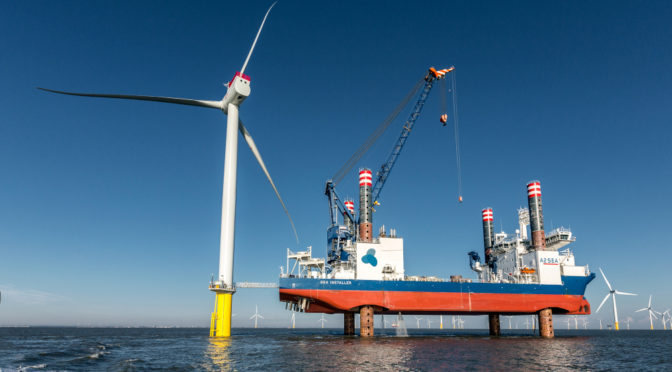
The activities of the IEA throughout 2024 were reviewed last week during the December meeting of the IEA’s Governing Board, which brings together senior officials from the organisation’s 32 Member governments.
“There was unanimous agreement that the IEA has notably advanced its mission to safeguard global energy security and support energy transitions. The IEA has not only met its key objectives on time and within budget but has also significantly increased its influence,” Anders Hoffmann, the Chair of the Governing Board, said in a statement based on an annual performance review.
IEA Executive Director Fatih Birol “has positioned the IEA as a global leader in addressing emerging challenges, most notably though its work on critical mineral security and the role of LNG in diversifying Europe’s gas supplies and reducing its reliance on Russian imports,” Dr Hoffmann added.
On energy security, the IEA’s founding mission, the Agency regularly assessed its Members’ oil stockholding commitments throughout 2024 and carried out emergency preparedness exercises with countries around the world. It also continues to contribute to market transparency through the data and analysis in its monthly Oil Market Report and medium-term Oil 2024 report.
The IEA also reinforced its work on natural gas supply security, including through the annual Global Gas Security Review, the ongoing work of the Task Force on Gas and Clean Fuels Market Monitoring and Supply Security, and the co-organising of the LNG Producer-Consumer Conference with Japan’s Ministry of Economy, Trade and Industry (METI).
In the evolving area of electricity security, the IEA convened its Electricity Security Advisory Board, set up an Electricity Security Task Force, and produced new analysis across a range of key areas. These included battery storage, seasonal variations in demand and supply, the integration of renewables, and geothermal energy – with work underway on a new report on financing nuclear energy projects that is due to be published in January, addressing the role of nuclear in tackling both energy security and climate challenges.
Demonstrating the real-world relevance of its work across the full range of fuels and technologies, the IEA released a special report in September providing recommendations for Ukraine and its partners to strengthen the country’s energy security ahead of the coming winter.
The Agency also expanded its activities related to the risks around clean energy technology supply chains and supplies of critical minerals, for which an IEA Critical Mineral Security Programme was launched. Key reports included Energy Technology Perspectives 2024, the Global Critical Minerals Outlook 2024 and a report on recycling of critical minerals. The IEA also held its first critical minerals security programme exercise with delegates from Member governments to enhance preparedness, expedite diversification and advance strategic policy measures to mitigate supply risks.
The IEA published over 100 reports in 2024, providing cutting edge data, analysis and policy recommendations across a broad range of energy topics. These included major annual publications such as the World Energy Outlook and World Energy Investment that serve as reference points for the sector.
The IEA retained a strong focus in 2024 on working with emerging and developing economies around the world, reflecting the key role they will play in shaping global energy trends. This included inaugurating a new IEA Office in Singapore, the Agency’s first outside of its Paris headquarters, to strengthen cooperation with countries across Southeast Asia and beyond. And the Annual Global Conference on Energy Efficiency was held in Nairobi, a sign of the IEA’s deepening engagement in Africa. This was also reflected by the Summit on Clean Cooking in Africa that Dr Birol co-chaired with the President of Tanzania, the Prime Minister of Norway and the President of the African Development Bank Group.
The IEA Family of countries continues to grow, with Latvia becoming an IEA Member country, progress being made on Colombia’s accession process and the Agency’s response to India’s membership request.
Alongside this, the IEA’s substantive input to major multilateral forums has enabled participating countries to deliver concrete outcomes. A leading example was the Agency’s contribution of the analytical underpinnings for the energy storage and grids goals advanced in the G7, G20 and COP29.
The IEA also demonstrated its strong convening power. As well as the 2024 IEA Ministerial, the Summit on Clean Cooking in Africa and the Global Energy Efficiency Conference, the Agency brought together energy leaders for a Global Summit on People-Centred Clean Energy Transitions and a Global Conference on Energy & AI.
“Dr Birol’s exemplary leadership, strategic foresight, and operational effectiveness have significantly enhanced the IEA’s impact, ensuring its continued relevance and effectiveness against a rapidly evolving global energy landscape,” Dr Hoffmann said in the statement.